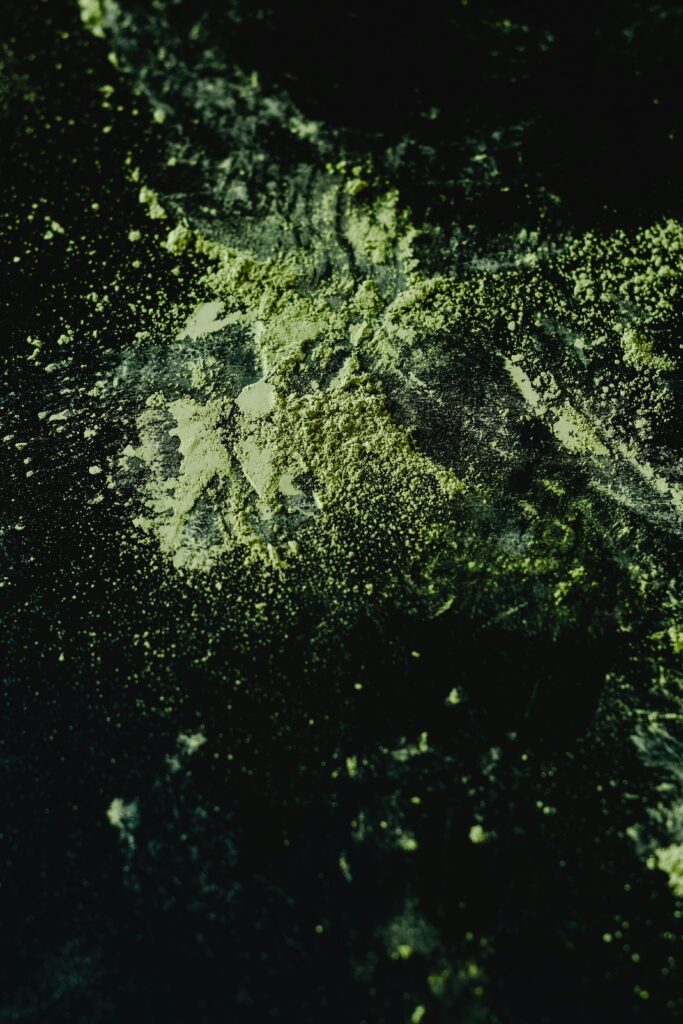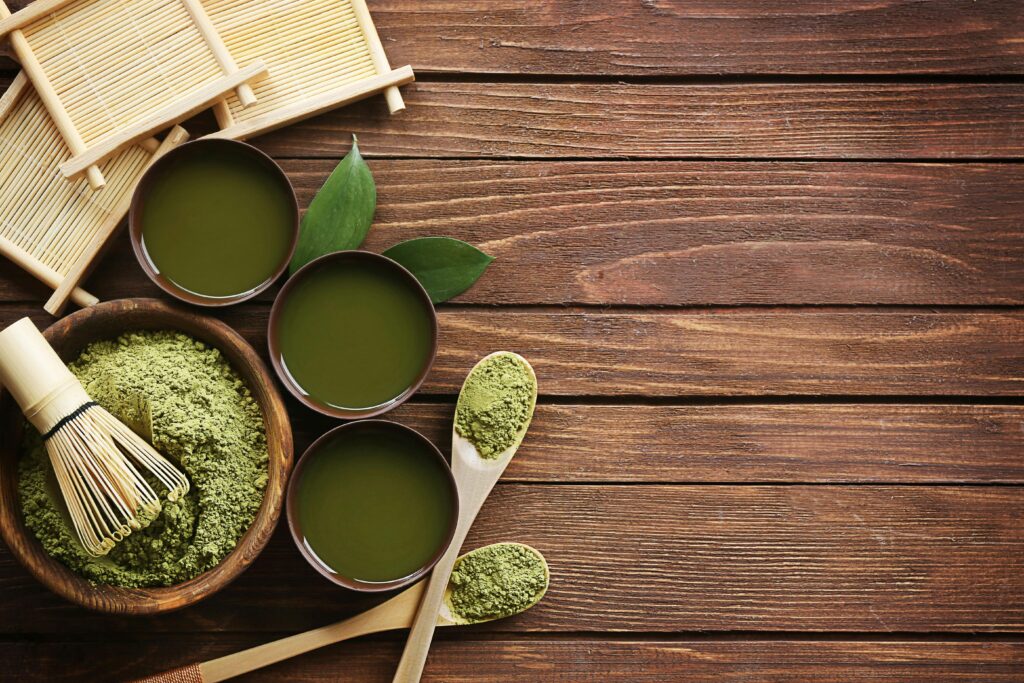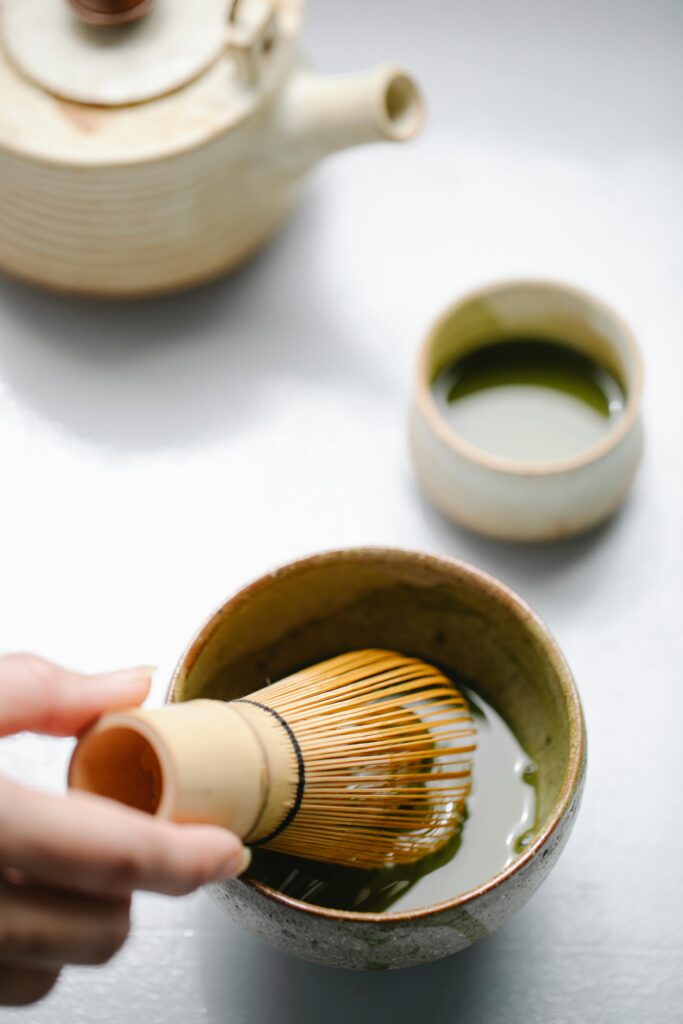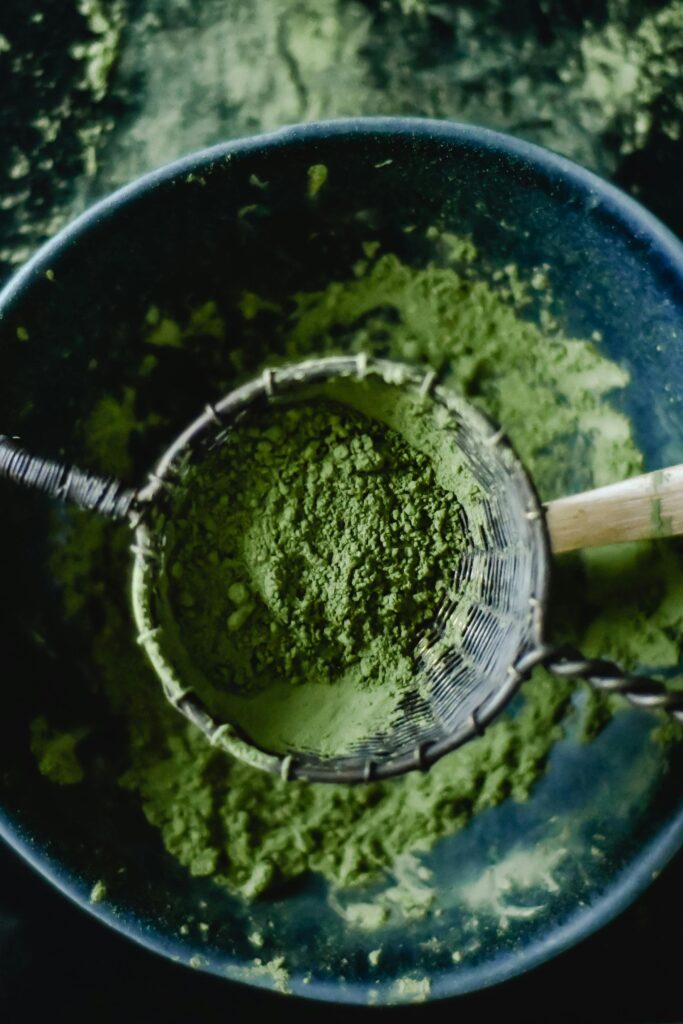Definition of gokou in the matcha glossary
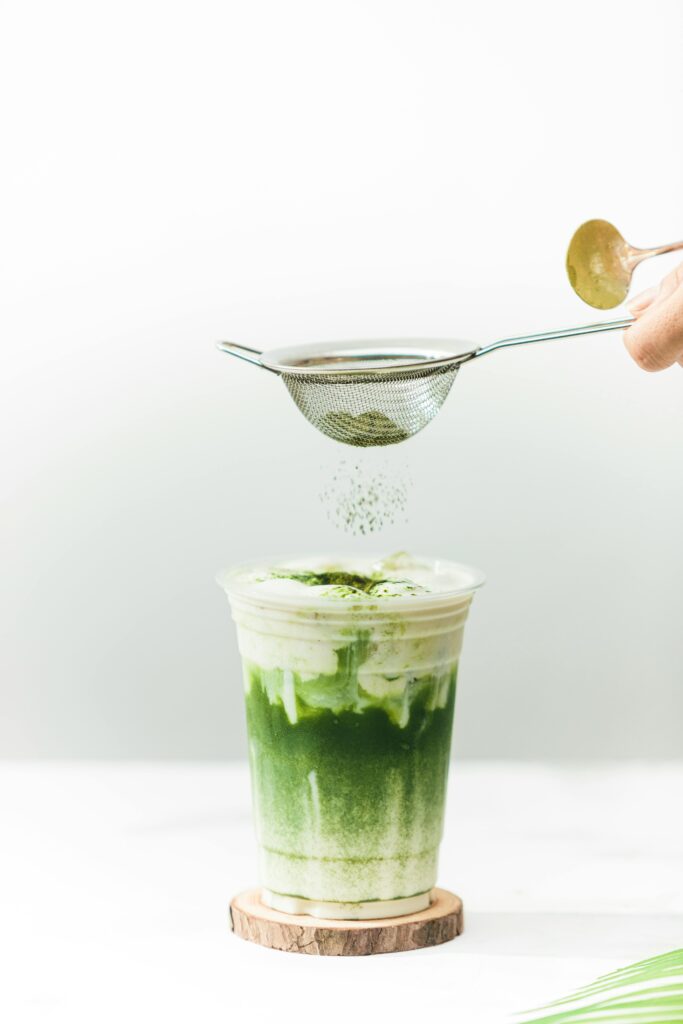
What Is Gokou? Understanding This Premium Cultivar
Gokou (also spelled Goko or Gokou-cha) is a traditional Japanese tea cultivar prized for producing high-quality matcha. This variety stands among elite cultivars chosen specifically for their superior flavor profiles and exceptional performance under shade-growing conditions. Matcha producers value Gokou for its ability to develop rich umami characteristics and vibrant green color when properly cultivated.
Unlike mass-production varieties, Gokou requires specific growing conditions and careful cultivation. The cultivar responds exceptionally well to the shading process essential for matcha production, developing enhanced amino acid content that translates to the sweet, complex flavors matcha enthusiasts seek.
Distinctive Characteristics
Gokou distinguishes itself through several key attributes that make it ideal for premium matcha:
- Rich umami depth with pronounced sweetness and minimal astringency
- Vibrant green color resulting from elevated Chlorophyll levels under shade
- High L-theanine content that provides characteristic matcha smoothness
- Balanced catechin profile contributing to health benefits without excessive bitterness
Regional Growing Areas and Cultivation
Gokou cultivation concentrates in Japan’s most prestigious tea-growing regions. Uji in Kyoto Prefecture represents the traditional heartland for this cultivar, where centuries of tea expertise have refined cultivation techniques. The region’s climate, soil composition, and cultural knowledge create optimal conditions for Gokou to express its finest qualities.
Other notable growing areas include select locations in Shizuoka and potentially Kagoshima, though Uji-grown Gokou commands particular respect. Regional terroir significantly influences the cultivar’s final flavor profile, with each area imparting subtle characteristics.
Shade Growing Requirements
Gokou thrives under the traditional shade-growing process used for premium matcha production. Farmers typically shade plants for 20-30 days before harvest, blocking 80-90% of sunlight. This stress response triggers increased chlorophyll and amino acid production while reducing bitter catechins.
The cultivar’s genetic makeup makes it particularly responsive to shading. While some varieties struggle with reduced light, Gokou adapts efficiently, making it a preferred choice for serious matcha producers willing to invest in quality over yield.
Flavor Profile and Sensory Experience
The Gokou taste experience centers on pronounced umami and natural sweetness. When properly processed into matcha, this cultivar delivers smooth, almost creamy mouthfeel with layers of complexity that unfold gradually. Initial sweetness gives way to sustained umami depth without the harsh astringency found in lower-quality cultivars.
Comparing Gokou to Other Cultivars
Understanding Gokou requires context within the broader cultivar landscape:
- Yabukita – Japan’s most common cultivar offers balanced flavor and high yield but typically lacks Gokou’s umami intensity and sweetness
- Samidori – Known for bright color and sweetness similar to Gokou, though with different aromatic nuances and slightly lighter body
- Okumidori – Provides strong umami but may carry more astringency than well-grown Gokou
- Asahi – Delivers exceptional sweetness but requires even more careful cultivation than Gokou
Why Matcha Producers Choose Gokou
Premium matcha brands select Gokou for specific quality advantages. The cultivar’s natural chemistry produces matcha that requires less processing intervention to achieve desired flavor balance. This authenticity matters to discerning consumers who can detect the difference between naturally sweet cultivars and those relying on processing tricks.
Production economics also play a role. While Gokou yields less volume than workhorse varieties like Yabukita, the premium prices commanded by Gokou-based matcha justify the lower productivity. Brands positioning themselves in the ceremonial or premium segments often feature Gokou prominently.
Quality Indicators
When evaluating Gokou matcha, look for these markers:
- Vibrant jade-green color without yellowish or brownish tones
- Fine, talc-like powder texture indicating proper grinding
- Sweet, vegetal aroma with no musty or stale notes
- Smooth taste with sustained umami and natural sweetness
- Minimal astringency even when whisked with slightly warmer water
Chemical Composition and Health Properties
Gokou’s appeal extends beyond taste to its nutritional profile. The cultivar naturally develops elevated L-theanine levels under shade conditions, with this amino acid contributing to matcha’s characteristic calm-focused energy. L-theanine works synergistically with caffeine to provide sustained alertness without jitters.
The balanced catechin profile provides antioxidant benefits while maintaining pleasant taste. Excessive catechins create harsh bitterness, but Gokou’s genetics and proper cultivation achieve optimal balance. Chlorophyll content remains high, contributing to detoxification properties valued in traditional tea culture.
Identifying Gokou Matcha in the Marketplace
Not all matcha labels specify cultivar, but premium producers increasingly highlight Gokou as a quality indicator. Single-cultivar matcha made exclusively from Gokou commands higher prices than blends. When cultivar information appears on packaging, it signals producer transparency and quality focus.
Expect Gokou matcha to fall in the ceremonial or premium grade categories. Culinary grades rarely specify cultivar since they typically blend multiple varieties and prioritize cost over nuanced flavor. If you’re seeking the authentic Gokou experience, look for products explicitly stating single-cultivar or pure Gokou content.
Price Considerations
Gokou matcha typically costs more than generic alternatives due to several factors. Lower yields, specialized cultivation requirements, and regional prestige all contribute to premium pricing. Expect to pay 20-50% more for verified Gokou matcha compared to unspecified cultivar products of similar grade.
The investment pays dividends in flavor quality and consistency. Serious matcha practitioners often maintain both everyday matcha and premium Gokou for special occasions, balancing quality appreciation with practical economics.
Conclusion: Gokou’s Place in Matcha Culture
Gokou represents Japanese tea cultivation at its finest—a cultivar refined through generations to express matcha’s highest potential. Its combination of rich umami, natural sweetness, and vibrant color makes it a benchmark for premium matcha quality. While not the only excellent cultivar available, Gokou consistently delivers the characteristics that define exceptional matcha experiences.
For consumers navigating the matcha marketplace, understanding cultivars like Gokou provides valuable context for making informed purchases. Whether you’re new to matcha or a seasoned enthusiast, experiencing authentic Gokou matcha offers insight into what distinguishes truly premium products from ordinary alternatives.
Frequently asked questions
We’re here to help with all your questions and answers in one place. Can’t find what you’re looking for? Reach out to our support team directly.
Discussion: Definition of gokou in the matcha glossary
